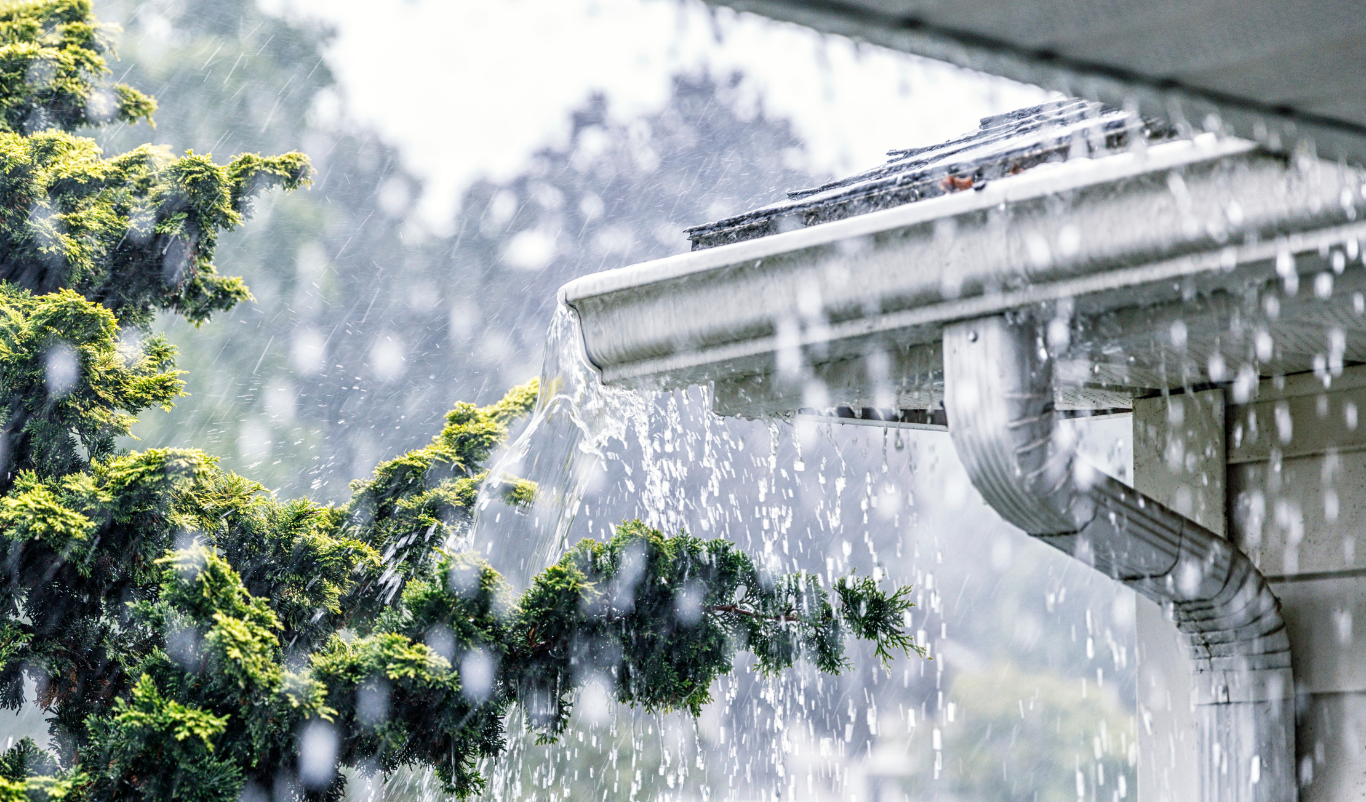Who si responsible for damage caused by heavy rain?
The Czech Republic was again hit by torrential rain and flash floods last weekend, causing considerable damage. Torrential rains are often accompanied by landslides and mudslides caused by increased soil erosion. The victims are rightly concerned about whether anyone is responsible for the damage caused in this way. If the insurance company does not pay for the damage, is there any point in pursuing the matter further?
This article was written in 2020. If you are looking for the latest information on this topic, please contact us at office@arws.cz or by phone on +420 245 007 740. We will be happy to advise you.
At the end of this article you will find our latest publication available for download and you can watch our latest webinar.

Natural disasters are generally a classic example of a so-called force majeure (vis maior), i.e. an event that is extraordinary, unpredictable, unavoidable, uncaused and causes damage. Force majeure is usually perceived as a so-called liberalising ground in relation to damages. It is therefore a reason for which the injured party will not be entitled to compensation for damages because the damage was not caused by anyone (the damage was caused by force majeure). Simply put, no one is generally liable for damage caused by natural disasters, as the fault of a particular person cannot be established.
Is this always the case and is no one really responsible for the damage caused by torrential rain?
The answer to this question is not simple, but even in the case of torrential rain damage you have a chance of being awarded compensation (even if you ignore the claim awarded by the insurance company). In the case of torrential rainfall, you can claim compensation, in particular from farmers and owners of surrounding land who have managed their land in such a way as to allow the damage to occur (or whose mismanagement has led to more damage). The case-law to date is to the contrary[1], for the following reasons.
The Civil Code provides that everyone must observe the so-called general duty of prevention in his or her conduct. Everyone is obliged to act in such a way as to avoid unjustified harm to the freedom, life, health or property of another. Special laws also contain special duties extending the general duty of prevention. According to the Agricultural Land Protection Act and the Water Act, tenants or landowners must take measures to minimise the adverse effects of natural conditions or events on agricultural land (e.g. they must take care of the retention function of agricultural land). If they fail to take such measures, they are liable for the damage caused. In short, farmland must be managed so that water cannot just run off it, taking layers of topsoil with it. Management must be adapted to the direction of ploughing, not ploughing up boundaries and other natural obstacles, removing coppice or valley vegetation and generally promoting the retention properties of the land.
Accordingly, the injured party may successfully claim compensation for damages if it can prove:
- the damage was caused by a landslide or water flowing from specific lands;
- the owner of such land has managed it in breach of the above;
- damage has occurred as a result of improper management which could have been avoided or reduced by proper management.
The above can be proven relatively easily by a competent expert opinion. At the same time, it is necessary to quantify the amount of damage caused, which will again be a task for the expert.
Conclusion
In conclusion, it makes sense to claim compensation even if your property is damaged by heavy rain. However, it always depends on the circumstances of the particular case, in particular whether a particular person is responsible for the damage and whether the damage could have been prevented. Due to the relative complexity of the issue, it may be advisable to secure qualified legal advice.
[1] Judgment of the Supreme Court of 29 May 2018, Case No. 25 Cdo 3811/2017.